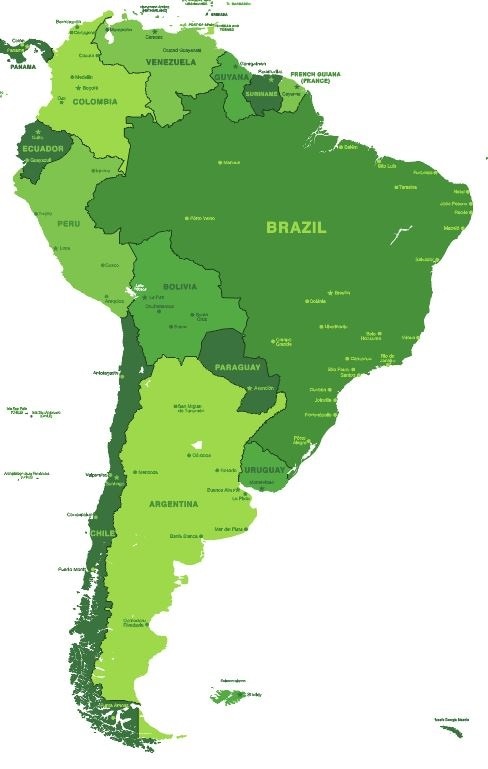Site Under Development, Content Population and SEO, Soft Launch 1st January 2020
Traveling is fun, but being exposed to communicable diseases is not so good. In addition to your personal risk of falling sick and missing out on enjoyable travel, you may bring back the infection to unvaccinated people in your own country and in your own family.

Ways to ensure safe travel include:
Vaccines that are expected to be taken by all travelers include:
The MMR vaccine
The MMR vaccine protects travelers against catching mumps, measles, and rubella infections. If all travelers were vaccinated appropriately, this would prevent a huge proportion of infections from being brought back into the host country to affect other unvaccinated people.
Proper precautions include:
Other childhood vaccines
These are expected to have been routinely taken in childhood, and include:
Tourists and travelers in the South American region are also advised to have:
Hepatitis A
To protect against jaundice transmitted through contaminated food or water, and taken as 2 doses 6 months apart
Typhoid vaccine
To protect against the transmission of typhoid germs through food or water, either as oral vaccine or in the injectable form. Its efficacy ranges from only 50-80%, so that you should take care not to expose yourself to unhealthy or contaminated food.
The following vaccines are highly recommended for some groups:
Hepatitis B
It is recommended In the following cases:
Three doses are required, at 0, 1, and 6 months from the date of the first vaccination. An accelerated schedule is also possible in some cases. It is more than 90% effective. Most children in developed countries receive this vaccine in infancy.
Rabies
Rabies is not a major threat here, and the vaccine is recommended only if your work or sport may bring you in contact with bats and other mammals, which carry the virus in this region:
Three doses are required for pre-exposure prophylaxis, at 0, 7, and 21 (or 28) days from the first dose.
Yellow fever
This vaccine is required for your safety in many South American countries. All infants above the age of 9 months should be vaccinated prior to travel in this region.